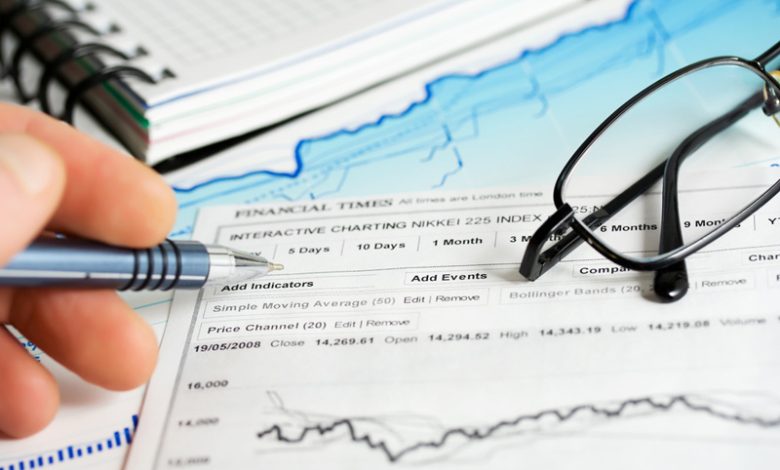
Argentina Aims to Regulate Crypto Market Amid Money-Laundering Concerns, Reports Reuters
By Noelle Harff
A new law in Argentina aims to better regulate the country’s rapidly growing cryptocurrency market, with the intention of mitigating risks such as money laundering associated with digital assets, experts suggest.
Over the past year, Argentina recorded $85.4 billion in cryptocurrency transactions, positioning it as one of the world’s major crypto havens. This surge is driven by Argentinians seeking to combat severe inflation and a struggling currency.
Recently, the Argentine government approved a fiscal package that features a tax amnesty for individuals who declare up to $100,000, which can include registered cryptocurrency assets.
Roberto Silva, the president of the National Securities Commission, indicated that this amnesty could alleviate pressure from the Financial Action Task Force (FATF)—an organization linked to the World Bank, IMF, and United Nations—that is urging regulations for Argentina’s cryptocurrency sector.
Silva stated, “Today, we are focused on amending everything that has to do with money laundering and reporting entities.”
The FATF has warned that it might place Argentina on its grey list, a move that would lead to increased scrutiny and could hinder foreign direct investment, raise international interest rates, and potentially contribute to a decline in GDP, as suggested by an IMF analysis.
According to Silva, registering cryptocurrency assets is the foundational step towards comprehensive regulation, and he hinted that forthcoming rules may align with those established in the United States.
Ignacio Gimenez, executive director of Lemon Cash, one of the largest cryptocurrency exchanges in Argentina, mentioned that the exchange has upgraded its system to enable users to voluntarily register their assets with the government.
In an intensified effort against crypto-related crime, Argentina conducted a significant crackdown in May and June, with the prosecutor’s office executing 64 simultaneous raids resulting in 20 domestic and 10 international arrests linked to smuggling, money laundering, and illegal gambling.
Argentine officials are scheduled to meet with FATF representatives in Paris this October as the task force continues to evaluate the country’s measures against money laundering and terrorist financing.
 GOOGL
GOOGL  META
META 


